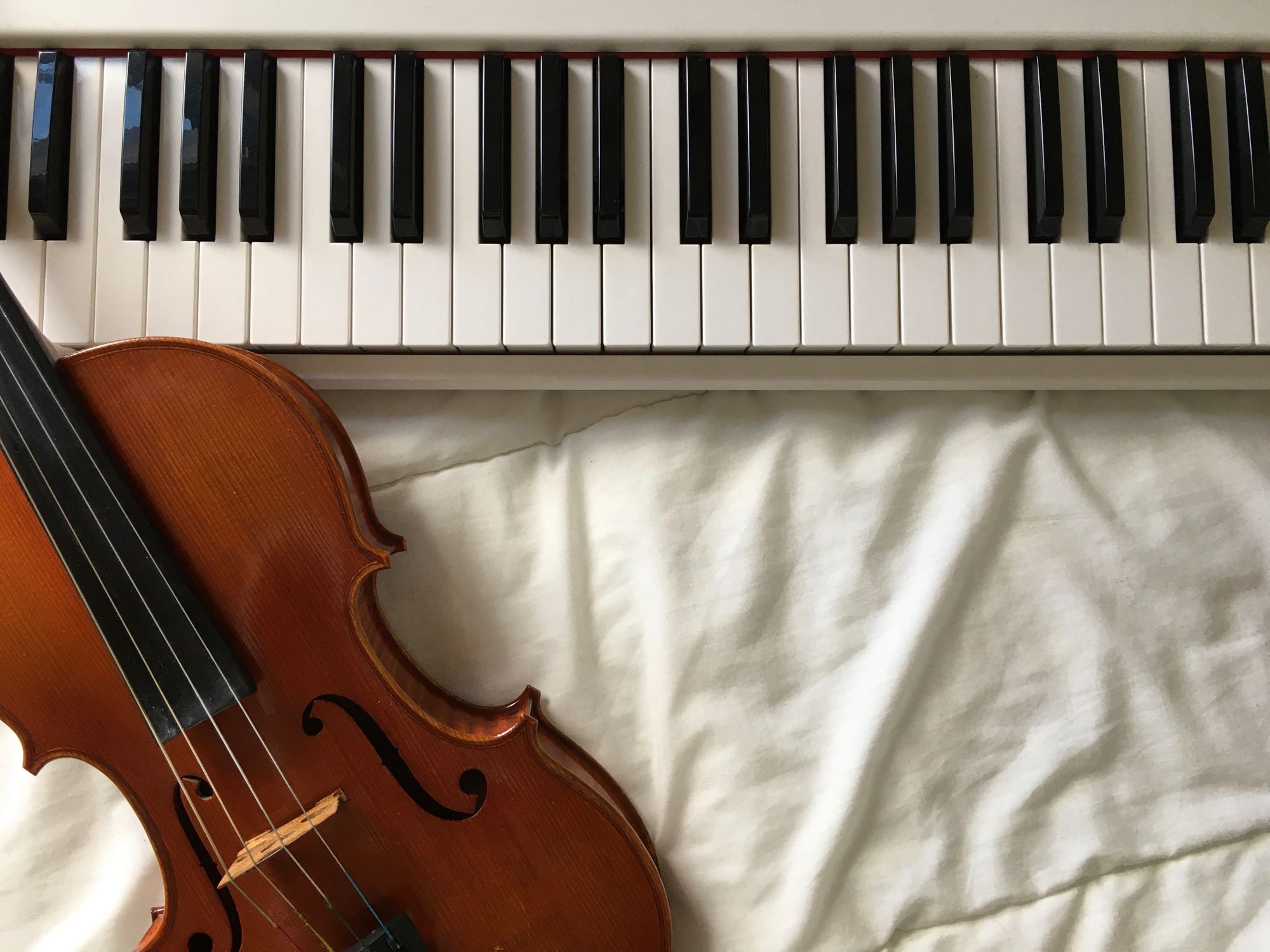By Greg Evans, Digital Music Editor
When a composer graduates out of Bristol University’s Victoria Rooms, an industry in flux lies before them. If they can fight their way onto the books of an established music publishing house, they will likely lose the copyright to their own work, 50 per cent of the royalties and around 90 per cent of the RRP on their printed music. If they choose to go it alone, the mission of self-publishing begins – taking on the role of composer, publicist, networker, marketing agent and printer.
Looking to fill the gap between that rock and hard place, Universal Edition, a music publishing house with 120 years experience as an industry leader, has launched Scodo – a subscription-based service for composers to publish their works online.
In a venture advertised as an ‘easy-to-use and flexible web tool’, composers pay an initial €49 ‘evaluation cost’ then up to €50 a month to publish works into an online catalogue. Before the composer’s music has even been put up for sale, they are down €99, and their work will sit on the shelf among hundreds of others in the hope of an ensemble manager scrolling past and clicking ‘add to cart.’

Universal Edition has led the way with publishing progressive music throughout the 20th and 21st centuries, claiming on their website ‘We don't just let the future pass: we actively mold and shape it.’ Their latest project therefore sets a worrying precedent for the future of music composition, with several other major publishing houses trialling subscription services in the last year.
With the likes of Mahler and Bartók on the books, it’s difficult to imagine any contemporary composer with a €50 subscription getting the attention needed for ensembles to pay for their work.
Professor Michael Ellison, Professor of Composition at Bristol University’s Music Department noted: ‘It's hard not to see this more as a way for the publishers to make money off composers instead of the other way around… most publishers actively promote a handful of their best-known composers even within their catalogues, and the rest just are there, not receiving much, if any publicity.’

Perhaps most problematically, this further marketisation and digitisation of music publishing has real implications for the future of music more generally. The nature of subscription-based publishing means that more marketable works will inevitably receive the most attention, putting more progressive, experimental works at risk.
Oscar Ridout, Chair of The Chimera Ensemble, the largest student-run contemporary ensemble in the UK, highlighted that ‘those composers and music-makers deemed more “marketable” will inevitably benefit. Trickier, larger-scale, more confrontational and perhaps more exciting music – the kind of music that drives music forward – will be left on the (virtual) shelf, un-championed.’
As a young composer likely to be hit hard by the changing nature of publishing, Ridout charges that ‘composers who operate on even a slightly deviated wavelength from this market-friendly-vein – will most likely be unable to gain the traction needed to turn even a fractional profit against the hours of labour of composing surmounted with the subscription fee to publish.’
Bristol’s new Night Time Economy Champion chosen
Something to look forward to: The summer 2021 Bristol events guide
For many composers entering the industry, increased marketisation serves as a real threat to the future of publishing. Louie Taylor, Composition Network Officer of Bristol University’s Music Society argues that ‘we are living in a new era, and we don’t want to be writing the same stuff that Beethoven or Chopin wrote. Progression is an important aspect of composition because it has always been progressing and pushing forward.’
It would seem that for the young composer the music publishing industry has never been more precarious. The rollout of Scodo sets a worrying trend for how new music is consumed at a market level and this creates very real implications for young music makers trying to break into the industry.
Given that the vast majority of ensembles have been unable to perform live music in the last 12 months, there has never been a more important time to champion young ambitious composers.
Featured Image: Unsplash / Lucas Alexander
What are your thoughts on composition subscription services?









